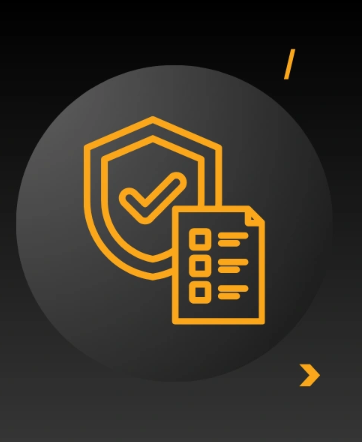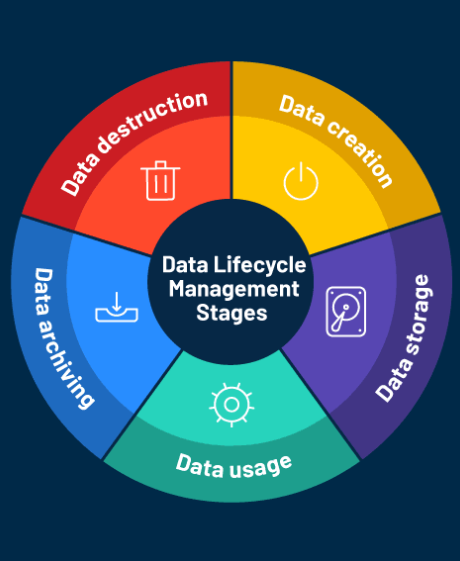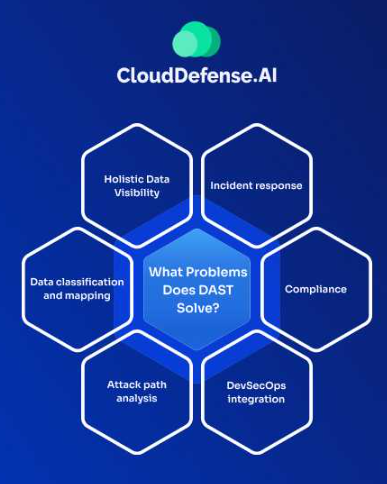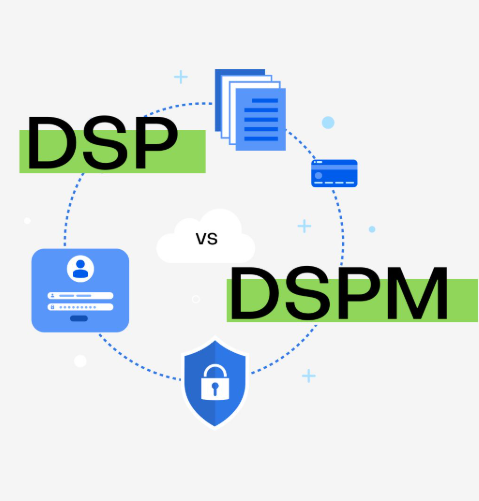
For federal agencies and contractors dealing with sensitive government data, compliance with the Federal Information Security Management Act (FISMA) is essential. FISMA establishes the framework for safeguarding federal information systems, ensuring their integrity against evolving cybersecurity threats. This guide provides a detailed FISMA compliance checklist and explains how Congruity360’s Comply360 platform can streamline the process, making it easier for organizations to meet regulatory requirements without unnecessary complexity.
What Is FISMA Compliance?
FISMA, enacted in 2002, outlines the need for securing federal information and systems. It applies to federal agencies, contractors, and any entity managing government data. The law follows a risk-based approach, ensuring that security measures are proportionate to the sensitivity and impact of the data being protected.
FISMA’s implementation heavily relies on guidelines from the National Institute of Standards and Technology (NIST), particularly the NIST SP 800-53 framework. This framework offers specific security controls for various levels of confidentiality, integrity, and availability. Failure to comply with FISMA can result in severe consequences, including funding cuts and reputational damage.
Key Components of FISMA Compliance
Below is a detailed checklist of essential FISMA requirements, along with how Comply360 simplifies the compliance process:
- Data Inventory & Asset Management
To secure what you don’t know exists is impossible.
The Requirement: Identify and catalog all data, both structured and unstructured, across on-premises and cloud environments.
How Comply360 Helps:
Comply360 automates data discovery, offering a comprehensive view of data locations and metadata for effective risk assessment. The platform also helps eliminate redundant, obsolete, and trivial (ROT) data to reduce exposure.
- Data Classification & Risk Categorization
Different data carries different risks.
The Requirement: Classify data based on its confidentiality, integrity, and availability needs (low, moderate, or high impact).
How Comply360 Helps:
Comply360 uses policy-driven classification aligned with NIST standards. It applies machine learning to process large datasets and ensure accurate categorization in line with FISMA’s standards.
- Access Control & Least Privilege Enforcement
Who accesses data matters just as much as the data itself.
The Requirement: Implement role-based access control (RBAC) and enforce the principle of least privilege by restricting access to sensitive information.
How Comply360 Helps:
Comply360 integrates with Identity and Access Management (IAM) systems to enforce precise access control policies, ensuring that sensitive data is protected.
- Continuous Monitoring & Reporting
Constant vigilance is key to data security.
The Requirement: Continuously monitor system activities and data usage to detect anomalies and unauthorized actions, with reporting for ongoing assessment.
How Comply360 Helps:
With real-time dashboards and automated reporting, Comply360 simplifies monitoring and provides audit-ready logs to meet FISMA’s requirements for transparency.
- Incident Response & Data Handling
Being prepared for security breaches is vital.
The Requirement: Establish proactive incident response protocols to detect, isolate, and mitigate security threats, while maintaining proper data hygiene.
How Comply360 Helps:
Comply360 identifies and manages ROT data, offering solutions such as data deletion, secure storage migration, or encryption to minimize risk during security incidents.
- Documentation & Audit Readiness
Proof of compliance is necessary.
The Requirement: Maintain accurate, consistent records of compliance-related activities for audit purposes.
How Comply360 Helps:
Comply360 automatically creates audit trails, documenting classification histories, data actions, and policy configurations, which simplifies the audit process.
Common Challenges Agencies Face
FISMA compliance can be challenging due to several reasons:
- Siloed Systems: Legacy systems often lack integration, leading to fragmented data management.
- Manual Processes: Manual classification and monitoring introduce inefficiencies and increase the risk of errors.
- Evolving Threats: Cyber threats evolve rapidly, and traditional compliance measures can struggle to keep up.
How Comply360 Simplifies FISMA Compliance
A Unified Platform for Federal Data Governance
Comply360 consolidates multiple data management functions into one scalable solution. Its discovery-led analysis and centralized controls provide federal agencies with the clarity needed to address compliance challenges effectively.
Scalable and Low-Impact Deployment
Comply360 is designed to accommodate the data landscapes of federal agencies, offering compatibility with both cloud and on-premises systems while minimizing disruption to existing workflows.
Supports Zero-Trust Initiatives
FISMA’s alignment with the federal government’s Zero Trust Architecture makes Comply360 an ideal solution for enforcing least-privilege access, precise tagging, and protecting sensitive data.
Future-Proofing Compliance
Comply360 goes beyond current FISMA requirements, helping agencies stay ahead of evolving regulatory standards without requiring system overhauls.
Take Control of Your Compliance Journey
Meeting FISMA compliance doesn’t need to be a daunting task. By focusing on data inventory, classification, and automated governance, organizations can streamline the process while enhancing operational efficiency.
Congruity360’s Comply360 platform provides a proven path to secure, streamlined compliance, helping federal leaders confidently protect their data and remain audit-ready. Start your compliance journey today and ensure your organization meets FISMA standards with ease and efficiency.


































































